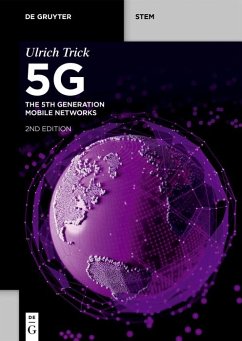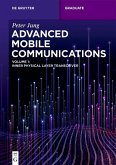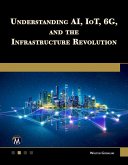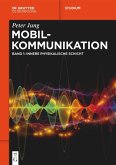This book on 5G technology starts with the evolution of mobile networks to 5G. It then addresses basic concepts and technologies such as NGN, IMS, virtualization with NFV and MEC, SDN, and Service Function Chaining.
The 5G environment is comprehensively presented, starting with use cases and usage scenarios and moving on to concrete requirements, as well as the standardization at ITU and especially 3GPP, including regulation.
In this context, the 5G system design, the 5G access networks with their high-performance transmission technology, and the core network with the innovative concepts of Service Based Architecture and Network Slicing play a significant role. A 5G system is presented here in an integrated view, rounded off by an overview of all relevant IT security aspects.
The overall view is concluded by looking at the environmental influences of electromagnetic radiation and the energy and raw material resources requirements. Furthermore, the future development of 5G up to 6G is outlined.
The book's main objective is to provide people interested in 5G technology and application scenarios with a well-founded knowledge for an introduction to 5G and encourage further discussion of this topic. The target audience is generally technically interested persons, mostly employees of public and private network operators. This book should be of particular interest, especially within the IT departments of potential 5G user companies, and of course, among computer science and electrical engineering students.
Dieser Download kann aus rechtlichen Gründen nur mit Rechnungsadresse in A, B, BG, CY, CZ, D, DK, EW, E, FIN, F, GR, HR, H, IRL, I, LT, L, LR, M, NL, PL, P, R, S, SLO, SK ausgeliefert werden.









